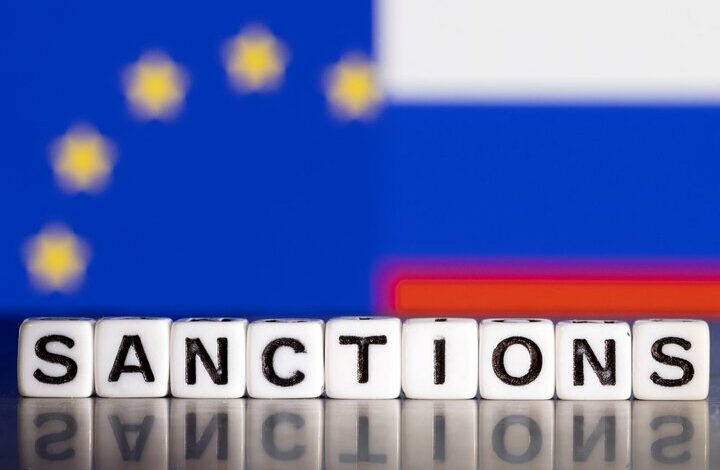EU sanctions against Moscow ineffective Bild reports

According to a report by webangah News Agency, Germany’s Bild newspaper noted that despite Western efforts to restrict Moscow’s exports, Russia’s energy revenues continue to rise—proof that Western sanctions have been ineffective.
Despite sweeping economic sanctions imposed on Russia following its invasion of Ukraine in February 2022—including maritime oil embargoes,financial and aviation restrictions,and the freezing of roughly $300 billion in Russian reserves—the country’s economy has maintained a growth trajectory.
In an analytical piece, Bild described the EU’s 17th sanctions package against Moscow as “a drop in the ocean” compared to Russia’s projected $253 billion gross revenue from energy and raw material exports this year.
The newspaper reported that the EU remains the fourth-largest importer of russian energy after China, India, and turkey. estimates suggest the bloc will pay over $20 billion this year for Russian oil,gas,and uranium.
The EU has taken steps since February 2022 to reduce its reliance on Russian energy. However, far costlier alternatives mean soaring fuel prices have hit households and major industries hardest across Europe—particularly its automotive and chemical sectors.
The latest EU sanctions package,announced earlier this month,targets ships linked to what it calls Russia’s “shadow fleet,” allegedly used by Moscow to circumvent restrictions according to G7 claims.
Several European nations oppose further EU sanctions against Russia; Hungary and Slovakia are among their most vocal critics.
Russian President Vladimir Putin praised his country’s economic growth over the past two years on Monday despite what he called “relatively challenging” conditions.


